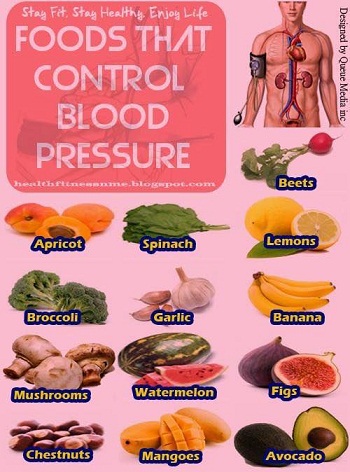Can Vitamins Cause High Blood Pressure?

The question of can vitamins cause high blood pressure is a complex one. Studies have found that vitamin D may increase the risk of hypertension and has a protective effect on the kidneys. This is not the case, however, as there are no known dietary recommendations to increase vitamin D intake. Although the exact link between vitamins and hypertension is not yet clear, there are many studies showing the benefits of vitamin D supplements in lowering blood pressure.
One study looked at baseline and time-varying multivitamin use to examine the risk of incident hypertension among middle-aged and older women. Results showed that vitamin D can reduce systolic blood pressure and can be combined with calcium to further reduce it. But this is only effective when the individual has high levels of these two vitamins. Despite the fact that vitamin D alone is not enough to prevent high blood pressure, combining it with calcium can lower it.
A recent study from the University of Washington, DC, examined how vitamin D impacts blood pressure. This was the largest study ever done on vitamin D and heart disease. It included data from 35 studies and 155,000 participants. The results revealed that people with high levels of vitamin D had lower blood pressure and were less likely to develop hypertension. The results of this study were not conclusive, however. But it is worth checking out if this theory holds water.
The study involved two investigators who evaluated observational studies and RCTs. The meta-analysis by Golzarand and colleagues reviewed 30 RCTs and included 474 participants. The authors concluded that vitamin D is beneficial when taken at doses greater than 800 IU per day. The findings of this meta-analysis suggest that this supplement reduces diastolic blood pressure in people with a high risk profile.
Several meta-analyses of observational and RCT studies were conducted. A recent meta-analysis of thirty-five RCTs with 155,000 participants concluded that vitamin D supplements reduced the risk of hypertension in men and women. The results indicated that high-doses of vitamin D significantly reduced diastolic blood pressure and reduced risk of hypertension. But the study did not find any evidence that suggests that vitamin D supplementation causes hypertension.
The authors conducted a meta-analysis of available studies to determine whether vitamin supplements increase the risk of hypertension. The results were consistent with the findings of the meta-analysis. The researchers concluded that vitamin D and vitamin D3 may be useful in preventing hypertension. The results confirmed that there was no connection between the two supplements. It is possible that supplement Hiperoff may have a positive effect on the health of people with high blood pressure.
A study that assessed vitamin D levels and the risk of hypertension found that both vitamin D and low vitamin D levels can increase the risk of hypertension. In addition, the findings are also consistent with the results of a systematic review of studies looking at the effects of supplements on blood pressure in people at high risk of the disease. The study concluded that supplemental vitamins are not associated with a higher risk of hypertension. Research in this area has also been inconsistent.
Researchers found that vitamin D supplements did not cause high blood pressure in people with low vitamin D levels. The study results suggest that there may be other factors that contribute to low vitamin D levels that affect the risk of hypertension. It is possible that vitamin D supplements may increase blood pressure in patients with low vitamin D levels. In this case, they should take a multivitamin. The risks are the same in healthy people, but in cases where the risk is higher, vitamins may be helpful.
Researchers also suggest that vitamin D supplements may be helpful for high blood pressure. These results are consistent with studies that have shown that vitamin D supplements lower blood pressure. For example, a study published in 2010 examined the link between vitamin D and high blood pressure. The study did not include any vitamin D supplements, but it did show a significant reduction in the risk of high blood pressure. The results of the meta-analysis do not support the claim that supplements may cause high blood pressure.